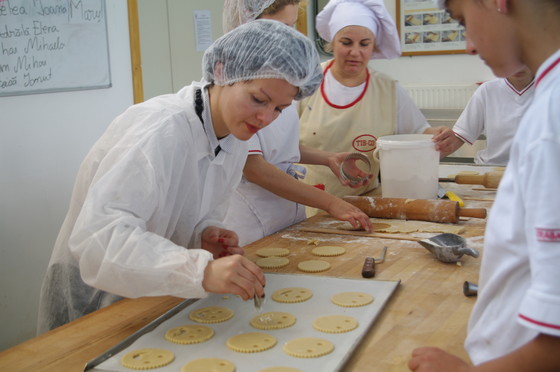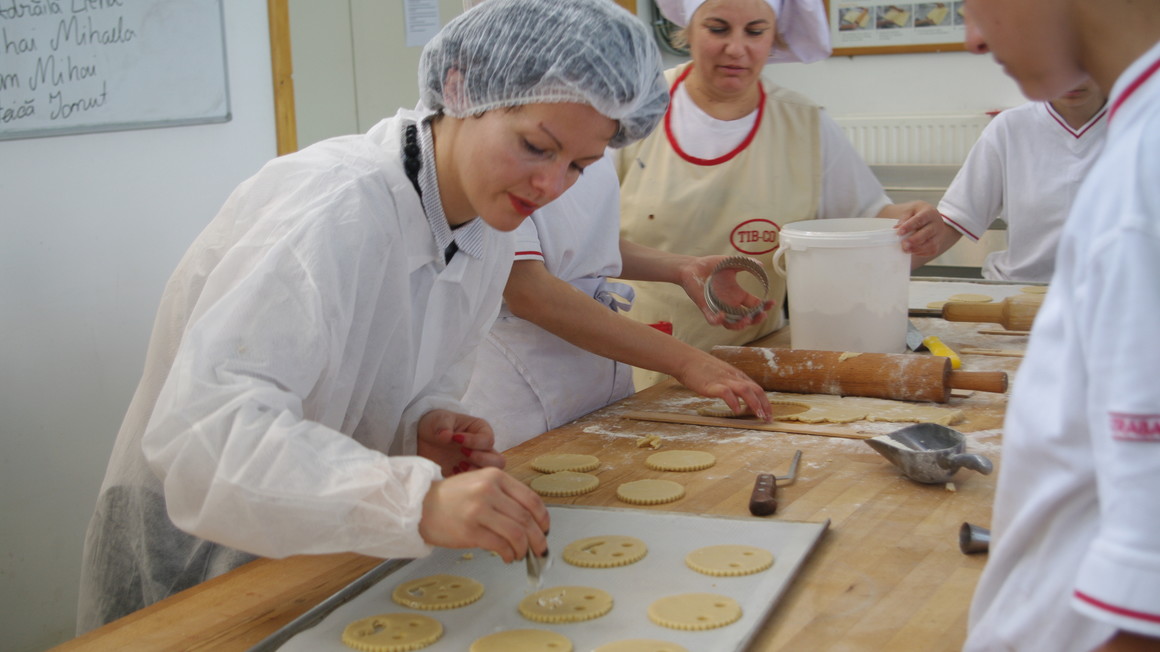
Romania: NESsT Empowers
Though we live in times of unprecedented wealth and growth possibilities, we also witness deep inequalities. In Central and Eastern Europe, the possibility of living a dignified life is especially limited for many marginalized groups. These individuals face numerous, and often insurmountable, barriers on the pathway out of poverty - including lack of available jobs, inadequate education, limited job training programs and labor discrimination.
Despite Romania’s commendable economic performance in recent years, inequality has risen notably among certain at-risk groups - 40.2% of Romania's population is exposed to poverty and prone to social exclusion and 24% of young people are unemployed.
Hundreds of civil society organizations are working to overcome these social problems every day, but there are only a few that offer sustainable, long-term solutions. In 2017, Alstom Foundation partnered with one such organization – NESsT Romania – to support the development of Concordia bakery, a social enterprise that employs young people coming from vulnerable backgrounds. Concordia Bakery was established in 2014 with the purpose of providing a transitory working place to the best graduates from the vocational bakery school that CONCORDIA runs. This experience prepares the students to apply for jobs in a fiercely competitive labor market.
The grant from Alstom Foundation was used to achieve three primary objectives – creating a stronger marketing & sales team, increasing the product line and expanding its network of corporate pro bono volunteers by hosting events. During 1 year of partnership, CONCORDIA was able to focus on selling products that have a higher profit margin (two rye breads and pretzel). By the end of 2017, CONCORDIA demonstrated a 40% increase in profitability. The development grant also enabled CONCORDIA to upgrade its baking equipment.
In 2017, CONCORDIA Vocational School hosted 2 batches of 15 young people. Upon graduation, CONCORDIA hired 6 of the top students for a one-year apprentice program and facilitated placement of all graduates in the labor market.
Ana, a young baker, explains the learning process at CONCORDIA,
“We’ve learned a new method: we write the recipe on the flipchart, together with the working processes, then we assign a student for each process. When the product comes out from the oven, we gather around the flipchart together with our teacher and each student presents the process they oversaw. Afterwards, we evaluate what we liked more, what we disliked, and to share reflection points about what we have learned and how we are going to apply it in the future. We like the fact that we have the freedom to create how we organize ourselves, how we design the flipchart, and that we are also free to draw. The teachers taught us that we can make useful products in a way that also brings us joy.”
The Enterprises supported by NESsT, including the CONCORDIA Bakery, have a double bottom-line approach. They create products, services and livelihood opportunities for marginalized and low-income communities and plow back revenues into the business to ensure its long-term viability.


